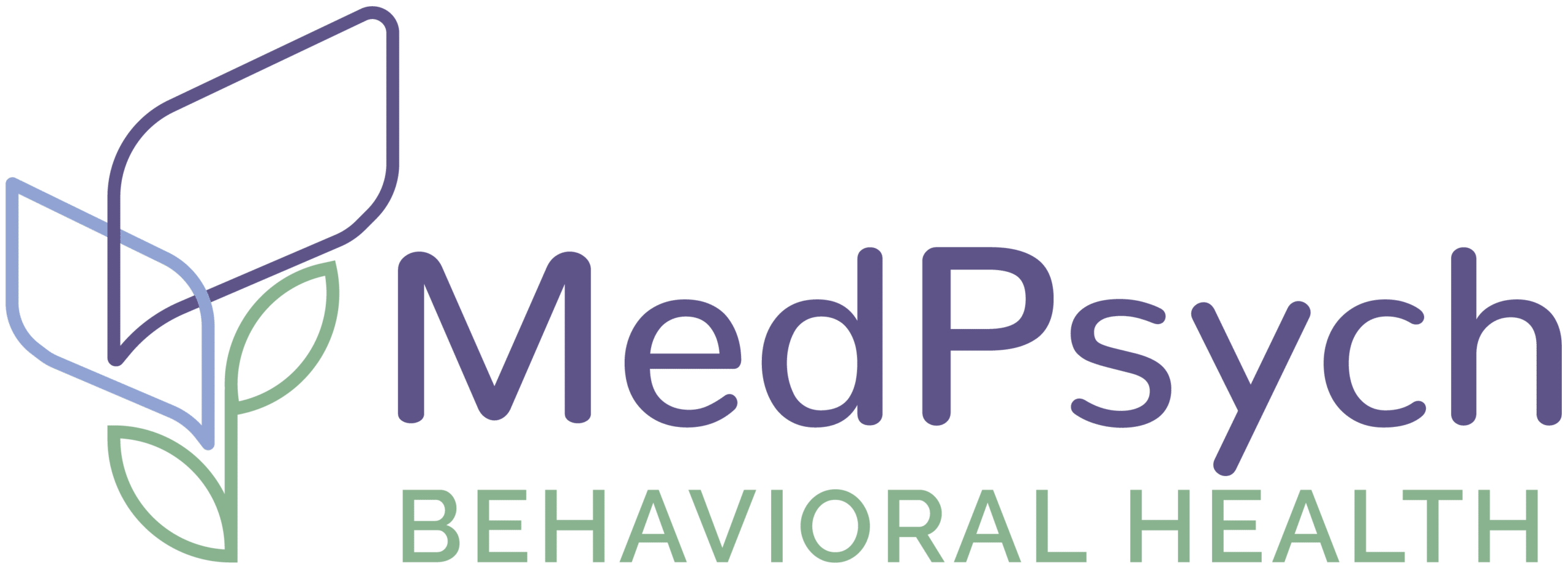By Carol Eng, MA, MCLC
In today’s fast-paced world, staying organized and managing tasks effectively are crucial skills for individuals of all ages. However, many people, especially those with Attention Deficit/Hyperactivity Disorder (ADHD), struggle with organizing and prioritizing tasks. The good news is that anyone can improve their task organization and boost productivity with the right strategies and techniques.
Understanding Executive Function Challenges in ADHD
To effectively organize tasks, it’s vital to recognize the unique challenges faced by individuals with ADHD about their executive functions. Executive functions encompass cognitive processes that aid in planning, organizing, prioritizing, shifting tasks, and task completion. Carol Eng, a Certified Life Coach specializing in ADHD and Executive Function Disorders at MedPsych Behavioral Health, highlights the following key executive function deficits associated with ADHD:
- Planning/Prioritization: This involves crafting a roadmap to achieve a goal or complete a task, including deciding what to focus on. People with ADHD often encounter difficulties initiating and following through with plans. Prioritizing tasks can be challenging, leading to uncertainty about the most critical tasks.
- Organization: Effective task management relies on establishing and maintaining systems for tracking information or materials. Many individuals with ADHD struggle with organization, manifesting difficulty maintaining order in their physical environments and managing thoughts and time efficiently. These challenges result in tasks becoming overwhelming and chaotic.
- Time Management: Time management is all about being able to set time for task completion, allocating it efficiently, and meeting time limits and deadlines. Those with ADHD frequently face challenges, including inaccurately estimating task durations. This can lead to tasks taking longer than anticipated, missed deadlines, appointments, and stressful outcomes.
- Working Memory: Working memory involves retaining information while performing tasks. Weak working memory is common among individuals with ADHD, making it difficult to recall and follow task sequences. Difficulty remembering crucial details or instructions can unravel how a person prioritizes and accomplishes tasks.
The Four-Step Strategy for Organizing and Prioritizing Tasks for ADHD
Now that we understand the challenges individuals face with ADHD, we can shed light and explore effective techniques for organizing and prioritizing tasks. These techniques can be helpful for anyone looking to boost productivity and manage tasks more efficiently.
1. The “Brain Dump”
For individuals with ADHD, managing tasks can be challenging due to poor working memory, making it easy to forget important responsibilities. One helpful technique, Carol Eng suggested, is doing a “brain dump.” This involves jotting down all your tasks on paper or a digital note-taking app. The ADHD mind can be described as a “tornado of abstract thoughts, and Ms. Eng suggests that “we must move our thoughts from the abstract to the concrete and onto a piece of paper so that it can be visible and manipulated. ” Externalizing your thoughts to make them more visual provides a clearer perspective for assessing your workload and priorities. Once you have your list, you can easily arrange, sequence, and organize tasks based on their importance and deadlines
2. Prioritize Based on Importance and Deadlines
After creating a list of tasks, we must prioritize. Prioritization is key to effective task organization. We do not want to be stuck doing unimportant tasks when there are more pressing matters. When prioritizing tasks, consider factors such as importance and urgency of tasks. For students, factors will include due dates, current grades (if applicable), weight of projects, and complexity of tasks. Start with tasks with upcoming deadlines or high importance/complexity and work your way down the list. For example, suppose a student has a poor grade in their English course. In that case, they might want to prioritize those assignments more. By prioritizing tasks, you can focus on what truly matters and avoid getting overwhelmed.
3. Create a Schedule
With our tasks listed and priorities set, we must build an efficient schedule to tackle them effectively. Scheduling tasks allows you to use your time best and keeps you organized so you are not scrambling daily on what needs to be done. You can use a planner or digital calendar to set precise dates and times for task completion. When dealing with larger tasks, it helps to break them into simpler, manageable chunks and assign dedicated time slots for each. It’s important to judge the time needed to complete a task and not to spend too much time on one task. Strive to adhere to your schedule consistently to maintain productivity and prevent procrastination.
4. Using Task Initiation Strategies
Starting tasks can be especially challenging, particularly for individuals with ADHD. Often, it leads to procrastination. Fortunately, there are effective strategies to help kickstart your work and chores. One strategy to help you get started is the ‘Tolerable Ten,’ Set a time and commit just ten minutes to a task. Ten minutes is tolerable, and once started, most people can continue. Starting a new task might feel like you’re pushing a giant boulder off the edge of a hill. It demands focus and determination to start, similar to that initial push; however, once you’ve taken that initial step, the momentum builds, and the task becomes more manageable. Just as rolling the boulder becomes easier after that initial push, so does continuing your task once you’ve started.
ADHD is a multifaceted condition. While this four-step strategy can be effective, it may not suit everyone’s needs. If you’re struggling with ADHD or executive functioning-related issues, exploring additional avenues of support is recommended. Seeking guidance from an ADHD coach can provide tailored strategies and personalized guidance to help you navigate the challenges associated with ADHD effectively.
For more information, please contact us at www.medpsychhealth.com for a free consultation.




